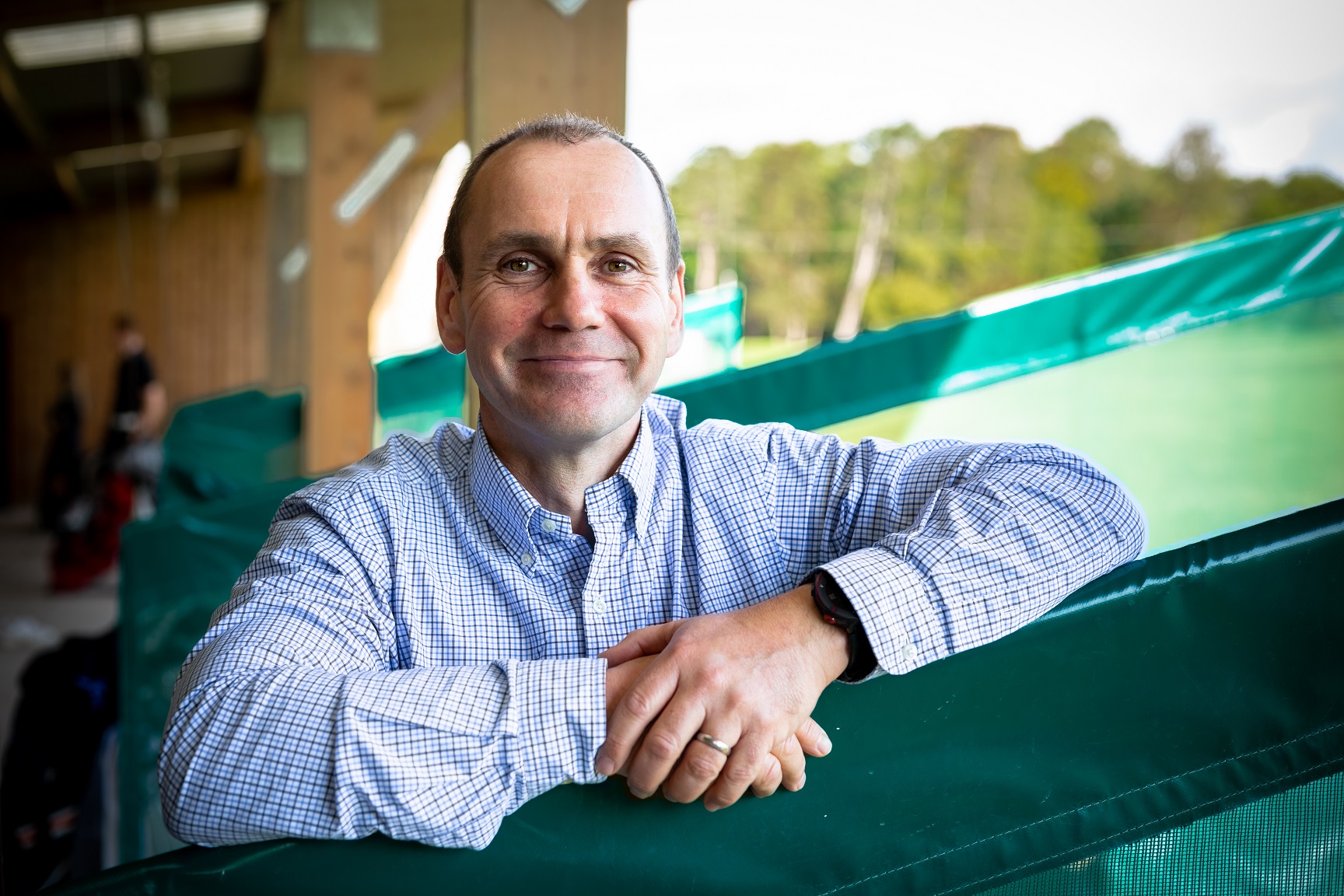Hartpury University has taken part in a ground-breaking study employing in-match recording techniques to better understand the impact of psycho-behavioural momentum on golfers during competitive matchplay.
The research aimed to capture, in real-time, thoughts and emotions associated with perceived changes to psycho-behavioural momentum (PBM), to find out what high-standard golfers perceive as significant triggers for both positive and negative psycho-behavioural momentum.
Positive psychological momentum is associated with positive-related changes in cognition, emotion, behaviour, and potentially performance, whereas negative psychological momentum is considered to have the reverse effect.
Hartpury University’s Geoff Lovell, Professor in Sports Psychology and one of the co-authors of the report, said: “In light of limitations to previous research, specifically those related to a dependence on recollected data and team-sport participants, the purpose of this current study was to understand how high-standard golfers experience PBM during a competitive matchplay situation.
“Specific objectives were to understand what high-standard golfers perceive as significant triggers for both positive and negative PBM in real-time, and what strategies they might employ during a competition to maintain positive PMB and to overcome negative PBM.”
The findings of the research paper, which has been published in the Journal of Applied Sport Psychology, was based on the responses from 37 A-grade players in Australia playing at the highest standard of non-professional competitive golf.
The players were asked to provide a commentary using a hand-held recording device about what happened during each hole, how they felt about what happened and if they considered it important for PBM.
Information provided in-play during matches and group interviews conducted later revealed four key contributors to experiencing positive and negative psycho-behavioural momentum during rounds of matchplay golf.
These key contributors are unexpected events (discrepancy between players’ expectations and reality); control (feeling in control: cognitions, emotions, behaviours, and outcomes; and appearing in control); temporality (a perception that match pressure and intensity is required to generate psycho-behavioural momentum); and pressure (application and maintenance of psychological pressure upon opponent, and the management of pressure applied by opponent).
Professor Lovell said: “Despite all golfers expressing an awareness of the effects of unexpected events on PBM, few appeared to use strategies to manage expectations during competition while others demonstrated a lack of awareness.
“Consequently, golfers that were able to manage expectations were interpreted as less likely to experience negative emotions associated with negative PBM.
“Two facets of control were found to be important for perceptions of PBM; feeling in control and appearing in control.
“If an individual feels in control, they will be more inclined to attribute success to oneself and failure elsewhere, thereby increasing the likelihood of perceiving positive PBM and defending against negative PBM.
“From a practical standpoint, individuals may be able to be taught and encouraged to use cognitive strategies, such as mindfulness, to increase perceived control, which will help them respond adaptively to the demands of their environment.
“The notion that temporal location could influence PBM perceptions was a novel and unexpected finding.
“From a practical perspective, if a player believes he or she can create PBM from the beginning of the match, if not before, and not have to react to PBM perceptions when the match is potentially in the balance, this would provide a competitive advantage.”
He added: “Sport psychology interventions aiming to enhance psycho-behavioural momentum, and thus performance, should support athletes to develop strategies that enhance feeling and appearing in control, along with skills to effectively manage psycho-behavioural momentum consequences of unexpected events.”
Hartpury – the UK’s premier sport and education setting – offers a range of undergraduate and postgraduate degrees, and PhDs. Research at Hartpury is fully integrated within teaching, with staff research active in the areas in which they teach and many dissertations embedded in larger scale research projects. All research activity either directly or indirectly informs not only current industry practice but also the curriculum.
Hartpury has specialist sports academies in men’s rugby, women’s rugby, men’s football, women’s football, rowing, golf, modern pentathlon, netball, equine and athlete performance.


